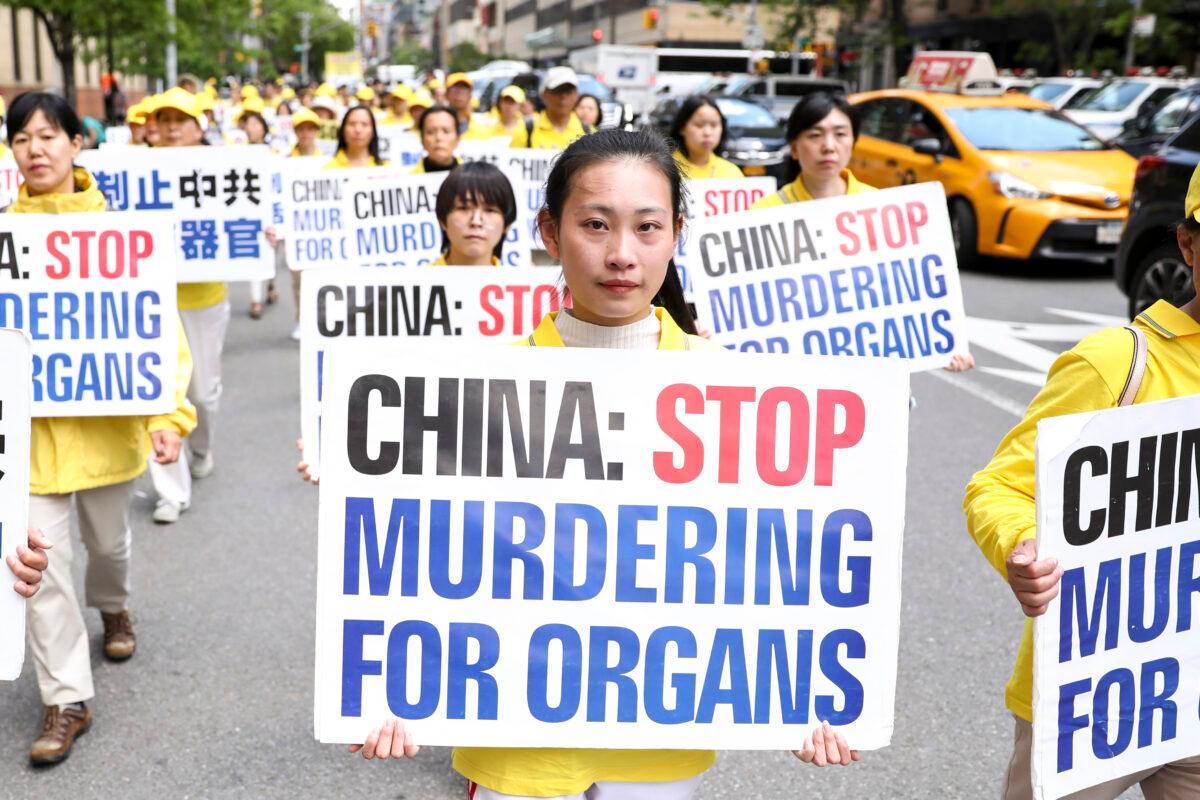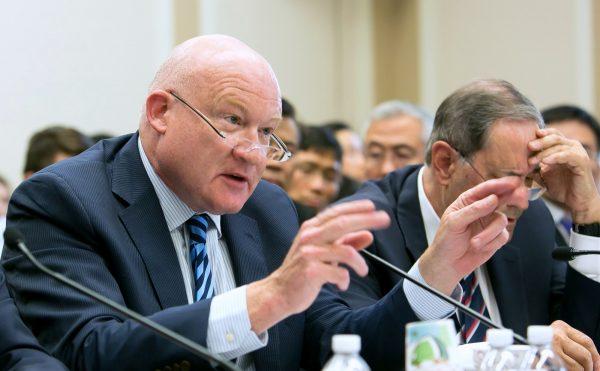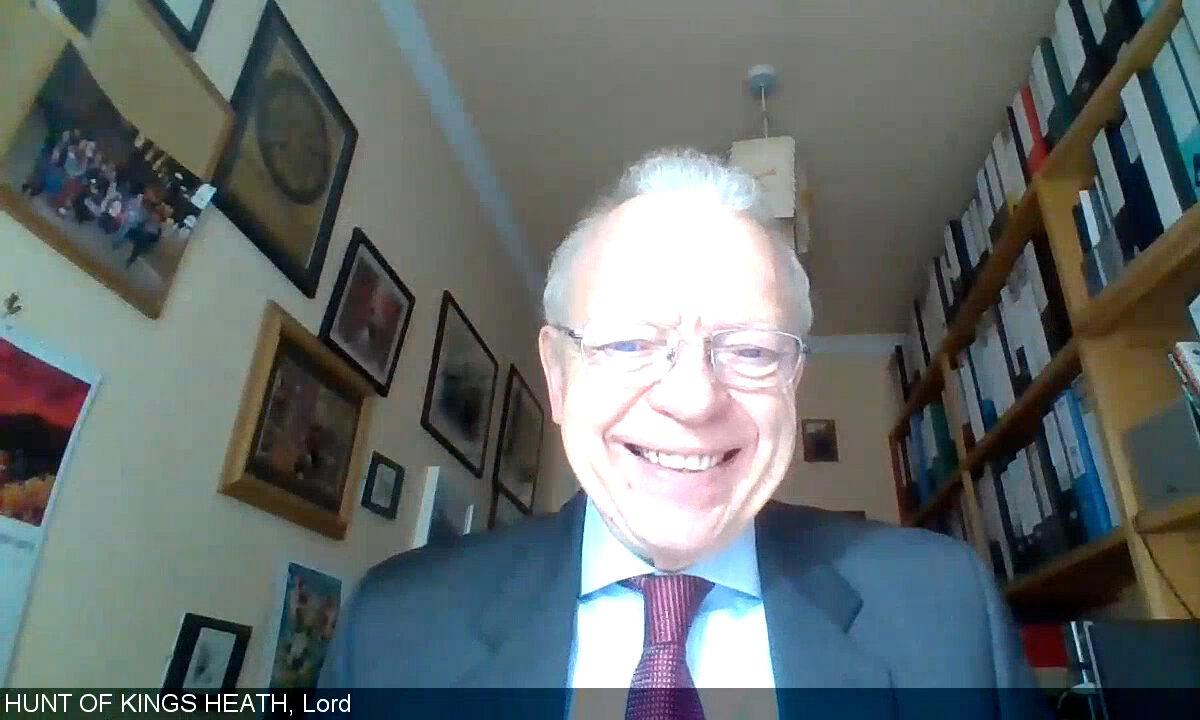After introducing a piece of legislation that regulates the use of imported human tissues in medicine, Lord Philip Hunt of Kings Heath said he would like to see more changes in UK laws to combat forced organ harvesting.
Hunt’s amendment, which became law with the Medicines and Medical Devices Bill on Feb. 11, means that “ministers have the chance now to stop organs or human tissues being brought in from other countries where proper consent has not been given,” he told The Epoch Times on Tuesday.
“In the case of China, it means that organs from prisoners of conscience, the Uyghurs, practitioners of Falun Gong, cannot be brought into our country without the proper consent having been given,” he said.
“It’s a small step. But it’s an important step both in the UK and internationally to make clear that the use of enforced organ donations is totally abhorrent, and we want to see it stopped.”

More Legislation To Follow
When asked if he wanted further legislation to combat organ harvesting, Hunt said he has a “shopping list” of changes in the law that he would like to see, and that he and his colleagues will continue to make sure that actions will be taken.“We know people from the United Kingdom travel to China in order to have an organ donation, which they pay a lot of money for. I'd like to make it illegal for British people to do that,” he said.
“I'd also like to make sure that British companies can’t export to other countries materials which can be used in the enforced organ donation that is taking place at the moment, and things such as preservation devices.”
Countries Silent For ‘Far Too Long’ On Organ Harvesting In China: Expert
On June 17, 2019, the China Tribunal—an independent people’s tribunal—unanimously concluded that prisoners of conscience have been—and continue to be—killed in China for their organs “on a significant scale,” and that adherents of the spiritual practice Falun Gong have been one of the main sources of organ supply.“There is no evidence of the practice having been stopped and the Tribunal is satisfied that it is continuing,” the report reads.

“Here’s my preliminary conclusion, at a minimum 25,000 Uyghurs, average age 28 years old are taken from the camps to be harvested every year, and about 68 people per day,” he said.
“The higher range of my witness statements doubles that number to 50,000 per year, approximately, about 136 a day.”
Also speaking at the webinar, Kristina Olney, director of government relations for VOC, said that “the international community has remained silent despite the evidence for far too long” 0n the issue of forced organ harvesting,
‘We Have To Do The Right Thing’: Lord Hunt
Lord Hunt said his interest in ending forced organ harvesting originated from his desire to encourage an increase in organ donations in the UK.
“It’s very, very important that the public trust in the system,” he said, because “we’re encouraging loved ones to agree to the organs of their relatives being donated.”
Hunt said when he found out about the enforced organ “donation” in China, he thought it was “awful,” and wanted to do something about it.
“Anything that we can do, we surely should do, to try and persuade the Chinese authorities to really stop doing this,” he said.
Hunt said that “there is a group of people in Parliament who are very, very determined” to push legislation to protect human rights.
“Sometimes people listen to what the UK is doing. And I think the more individual countries are prepared to do this, in the end, you build up a momentum. So, yes, let’s have international agreement, that’s ideal. But short of that, we as an individual country have our own responsibilities to take action,” he said.
“In the end, we have to do the right thing.”





